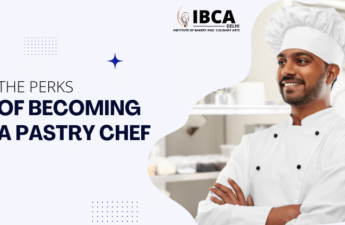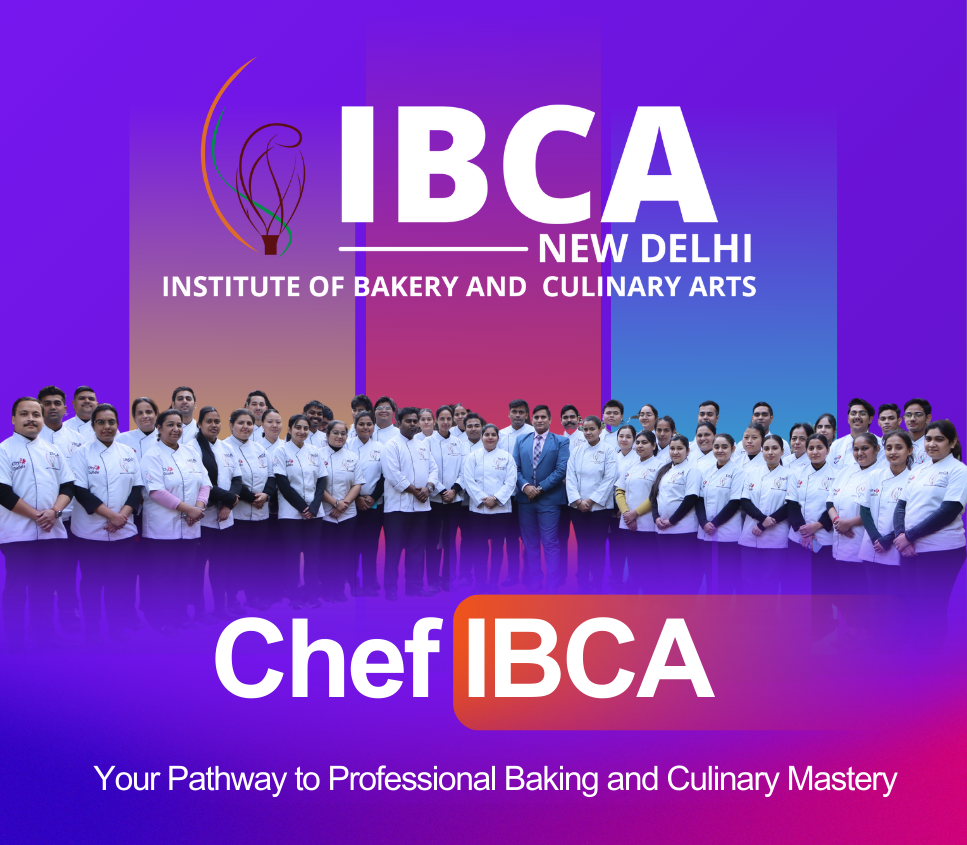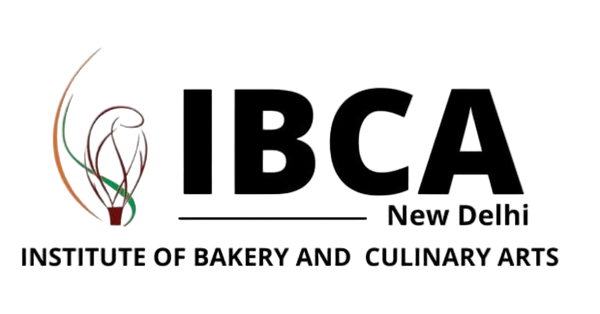What is a Pastry Chef?
Pastry chefs have received training and possess the necessary skills to create pastries, desserts, bread, and other baked delicacies. Pastries are sold in almost every chain of restaurants, cafes, markets, and supermarkets. They prepare and transport bread- and meal-based items like pies, cakes, and cookies. Typically, pastry chefs start out as regular cooks or bakers at restaurants or hotels before earning their titles. Many people are given leadership positions as a result of their productivity and originality at work.
Cakes, chocolates, pies, tarts, biscuits, soufflés, truffles, and other delightful creations are only limited by the pastry chef’s imagination and have integrated themselves into everyday meals and special occasions. Additionally, pastry chefs could specialise in bread baking.
Typically, pastry cooks work as a team under the direction of the head chef, with the pastry chef serving as the team’s leader. Additionally, pastry chefs carry out administrative duties like creating budgets and procuring ingredients for pastries.
Pastry chefs have received training and possess the necessary skills to create pastries, desserts, bread, and other baked delicacies. Pastries are sold in almost every chain of restaurants, cafes, markets, and supermarkets. People will undoubtedly always have a sweet tooth and be on the lookout for sweet treats.
What does a Pastry Chef do?
At the service division of the pastry department, pastry cooks generally start their careers as pastry chefs in restaurants. This position’s duties include aiding in the preparation of ingredients and offering support at various culinary workstations. Cooks can advance their careers into the production line and the position of pastry sous chef after getting some experience. In this position, they directly assist the executive pastry chef in the creation of several dish components.
Pastry chefs frequently have unrestricted creative freedom and the capacity to create entirely new meals. The majority of pastry chefs must learn to be a master of all trades, while they may choose to specialise in a particular Pastry Chef Course.
The following are some common duties of a pastry chef:
- Making the breads and pastries in a menu
- Guiding or directing the preparation of desserts and their components by other pastry chefs or line cooks.
- Together with the executive chef and sous chef, make necessary menu adjustments and introduce new or change existing dessert options
- Working with clients to produce cakes and desserts for weddings, special occasions, and banquets if employed by a bespoke bakery or caterer.
- Organising supplies and ingredients
- Keeping the workplace spotless and seeing to it that the equipment is properly maintained
- Getting samples ready for cake or pastry tastings
What skills do you need to become a good Pastry Chef?
- The ability to bake or prepare pastries with accuracy and attention to detail is frequently required. Because of the level of care needed, decorating pastry can likewise be compared to fine art. A pastry chef needs to be meticulous and exact.
- The creations of a pastry maker are frequently lovely and delectable. Once they have mastered the fundamentals, these experts continue to hone their skills and experiment with incorporating novel ingredients into their recipes.
- A pastry chef frequently works as a member of a group of food producers that also includes line chefs, sous chefs, executive chefs, and front-room staff. To meet client requests and prepare things as needed, collaboration is crucial.
- Pastry chefs routinely communicate with customers on unique creations, particularly if they are collaborating with a wedding party or special events organiser. A crucial competence is the capacity to offer suggestions while paying attention to client requirements.
- Pastry chefs spend long periods of time standing and hunched over their job in the hectic and demanding environment of the kitchen. Pastry chefs typically have the creative freedom and capacity to design innovative menus from scratch, thus it’s necessary to be physically active and have fine motor skills. The majority of pastry chefs must learn to be a master of all trades, while they may choose to specialise in particular areas such as sweets, viennoiserie, cakes, ice cream, chocolate, and bread.
- Ovens and other equipment must be operated by bakers. They must measure ingredients mathematically, and their understanding of chemistry enables them to make sure that their confections are cooked in the right conditions.
- If pastry chefs own their own bakeries or are in charge of a sizable crew, they notably need to have administrative abilities.
- Customers can place orders with pastry chefs, however it depends on the type of dessert or cuisine they want. Pastry chefs should create enough pastries in advance to satisfy demand on any given day and establish procedures for accepting and completing specialty requests. They must ultimately manage their time effectively.
- As baking and creating confections take time, pastry chefs must have patience. When educating new hires, they ought to have patience.
On your way to pastry perfection
Pastry chefs are driven, ambitious, brilliant, and creative people. Pastry chefs have many alternatives for careers in baking and pastry outside of the conventional restaurant. Researching, testing, and creating inventive, freshly baked pastry meals are all part of this one-of-a-kind position. A pastry chef must have stamina because cooks, bakers, and candy makers must stand for extended periods of time. You must also be an effective communicator with strong leadership qualities. Pastry cooks should eat wholesome meals and exercise frequently to improve their stamina. You can keep making delightful sweet sweets for everyone to enjoy if you have a constant ambition to learn and develop.
Pastry chefs can find employment in a wide range of kitchen and culinary settings, including hotels, conference centres, resorts and spas, cruise ships, casinos, and small- and large-scale freestanding restaurants, bistros, as well as personal chefs and hotels, resorts, and bistros.
Given the variety of Pastry courses for beginners, having a well-rounded education in the pastry arts can help you identify the type of baking that best fits your personality and equip you with the knowledge of ingredients and methods needed to be successful at any project involving pastries.




